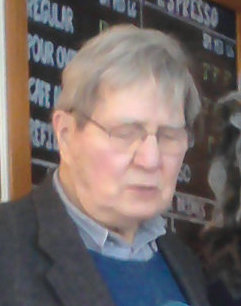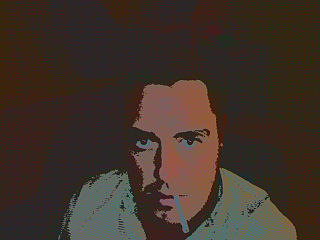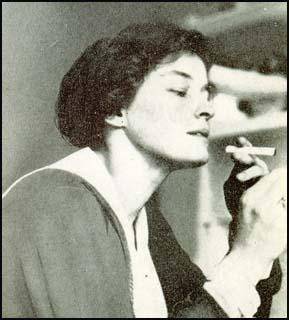A Quote by Galway Kinnell
Is there a mechanism of death, that so mutilates existence no one, gets over it not even the dead?
Related Quotes
Again, somehow, one saw life, a pure bead. I lifted the pencil again, useless though I knew it to be. But even as I did so, the unmistakable tokens of death showed themselves. The body relaxed, and instantly grew stiff. The struggle was over. The insignificant little creature now knew death. As I looked at the dead moth, this minute wayside triumph of so great a force over so mean an antagonist filled me with wonder. Just as life had been strange a few minutes before, so death was now as strange.
What sort of man is this, who over and over again, gave numerous details about His death, months before it occurred, and added to each such utterance that on the third day after His decease He would rise again from the dead - and DID RISE, as even the city of Jerusalem soon came to believe? No other founder of a great world religion (or a small one) ever made such statements, or ever came forth from the dead.
In ancient times before the divine sojourn of the Savior took place, even to the saints death was terrible; all wept for the dead as though they perished. But now that the Savior has raised his body, death is no longer terrible; for all who believe in Christ trample on it as it were nothing and choose rather to die than deny their faith in Christ. And that devil that once maliciously exulted in death, now that its pains were loosed, remained the only one truly dead.
The quantum death of Philip Seymour Hoffman. 24 hours before he was "officially" declared dead it was announced on the internet that he had already died. Many people were shocked to hear of his "official" death, especially those who had believed he was already dead. Philip Seymour Hoffman was both dead and alive in the minds of millions simultaneously. A rare death for a rare actor.
Sören Kierkegaard has another answer: human existence is possible as existence not in despair, as existence not in tragedy; it is possible as existence in faith... Faith is the belief that in God the impossible is possible, that in Him time and eternity are one, that both life and death are meaningful.
What sets worlds in motion is the interplay of differences, their attractions and repulsions. Life is plurality, death is uniformity. By suppressing differences and pecularities, by eliminating different civilizations and cultures, progress weakens life and favors death. The ideal of a single civilization for everyone, implicit in the cult of progress and technique, impoverishes and mutilates us. Every view of the world that becomes extinct, every culture that disappears, diminishes a possibility of life





































